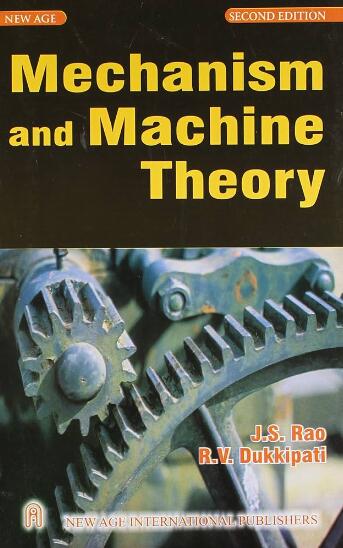电动传动系统的自适应神经网络模型预测抗急跳控制
IF 4.5
1区 工程技术
Q1 ENGINEERING, MECHANICAL
引用次数: 0
摘要
介绍了一种概念验证自适应神经网络模型预测控制(SA-NNMPC)系统,该系统将神经网络作为预测模型的主要组成部分,用于电动汽车的抗跳控制。SA-NNMPC架构通过车辆运行过程中网络和成本函数权重的适应机制(当工厂的行为与其数字孪生体明显不同时,该机制会被激活)来适应车辆的逐步老化或硬件部件的更换,这有望成为下一代车辆的重要特征。验证测试和模拟表明,神经网络准确地复制了所考虑的电动汽车的动力传动系统动力学,并且,在标称条件下,已经导致NNMPC实现的性能改进-它可以在快速控制原型单元上实时运行-相对于基准非线性模型预测抗跳控制器。此外,初步仿真结果证实了该架构在以下方面的潜力:1)对原始训练中未涵盖的操作条件的适应性,以及车辆参数的变化;ii)应用于不同车辆时算法的自动调谐。本文章由计算机程序翻译,如有差异,请以英文原文为准。
Self-adaptive neural network model predictive anti-jerk control of electric powertrains
The study introduces a proof-of-concept self-adaptive neural network model predictive control (SA-NNMPC) system, which uses a neural network as main component of the prediction model, for the anti-jerk control of electric vehicles. Through the adaptation mechanism of the network and cost function weights during vehicle operation, which is activated when the plant behaves significantly differently from its digital twin, the SA-NNMPC architecture adjusts to the progressive vehicle aging, or to the replacement of hardware parts, which is expected to be an important feature of next-generation vehicles. Validation tests and simulations show that the neural network accurately replicates the drivetrain dynamics of the considered electric vehicle, and, for nominal conditions, already leads to a performance improvement of the NNMPC implementation – which can run in real-time on a rapid control prototyping unit – with respect to a benchmarking nonlinear model predictive anti-jerk controller. Moreover, the preliminary simulation results confirm the potential of the proposed architecture in terms of: i) adaptability to operating conditions not covered in the original training, and variations of vehicle parameters; and ii) auto-tuning of the algorithm when applied to different vehicles.
求助全文
通过发布文献求助,成功后即可免费获取论文全文。
去求助
来源期刊

Mechanism and Machine Theory
工程技术-工程:机械
CiteScore
9.90
自引率
23.10%
发文量
450
审稿时长
20 days
期刊介绍:
Mechanism and Machine Theory provides a medium of communication between engineers and scientists engaged in research and development within the fields of knowledge embraced by IFToMM, the International Federation for the Promotion of Mechanism and Machine Science, therefore affiliated with IFToMM as its official research journal.
The main topics are:
Design Theory and Methodology;
Haptics and Human-Machine-Interfaces;
Robotics, Mechatronics and Micro-Machines;
Mechanisms, Mechanical Transmissions and Machines;
Kinematics, Dynamics, and Control of Mechanical Systems;
Applications to Bioengineering and Molecular Chemistry
 求助内容:
求助内容: 应助结果提醒方式:
应助结果提醒方式:


